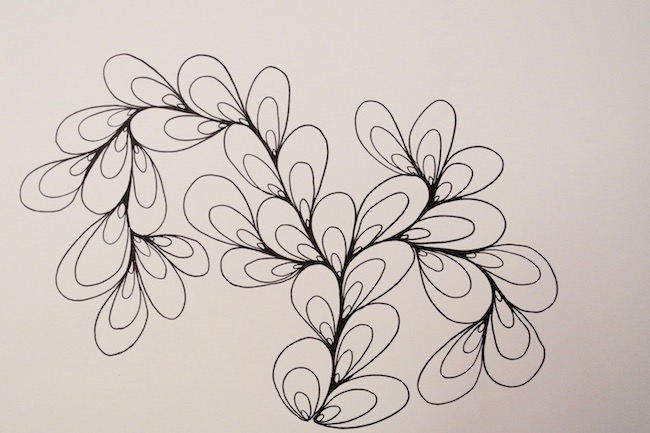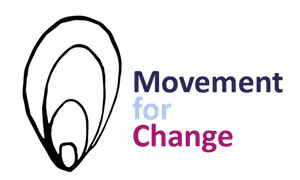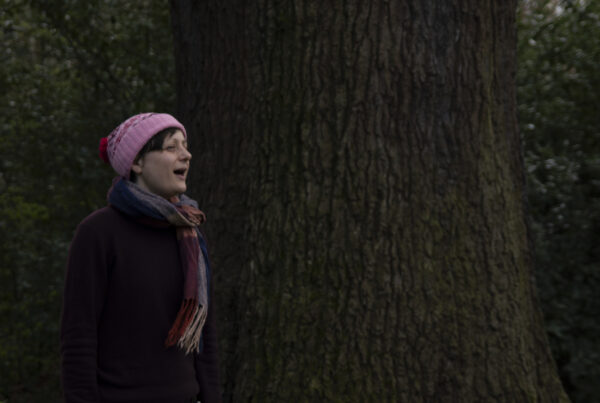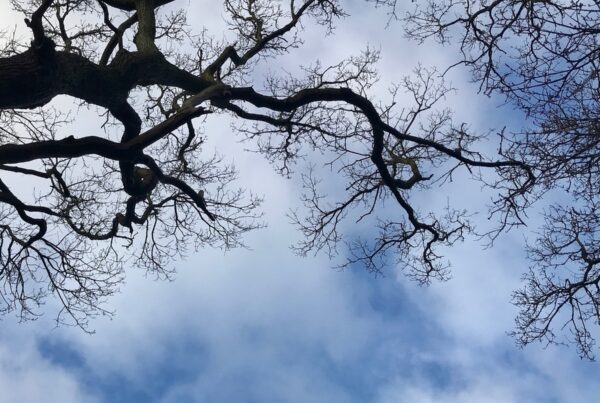Relational, embodied, systemic. Sounds great, right? Almost fancy. These are the big ideas that form my approach – the lenses through which I see the world – but what do they mean in practice, when working with people, organisations and the wider sector culture?
1) Relational
The way I look at things, we humans are literally made up of relationships. These relationships exist within four worlds – the inner, interpersonal, social and then natural worlds.
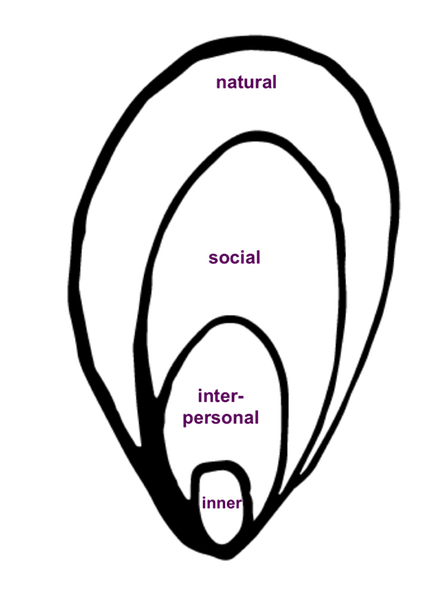
Our inner world is made up of our mind, body, emotions, motivations and other psychological factors – and the relationships between them. Our interpersonal world contains our relationships with all the people we know personally – those we live and work with or see regularly, and probably know by name.
The social world contains the social groups, structures and systems to which we belong, or don’t – and the natural world contains non-human species and the wider planet. It is my hypothesis that the quality of these relationships – within and between each world – that determines the quality of our lives.
When these relationships are thin or struggling, or when they are entirely absent, we suffer – and so do our work, and our communities. And when they thrive, we thrive. So a large part of my work is supporting people, organisations and the wider sector to move from struggling relationships to thriving relationships. This is partly achieved through embodied practice and reflection, to find greater awareness, range and choice in response to challenging situations.
2) Embodied
I believe we are integrated, as people – body, mind and emotions. They are not meaningfully separable, despite our culture’s emphasis on ‘mind over matter’, and language-based cognition over other forms of knowing (sorry, Descartes!). Your body is more than a brain-taxi.
When I run this idea past people, some have an instinctive ‘aha’ response, as though the words describe something they already know. Some wonder what I mean – until they have a go at some emobodied self-coaching and they start to glimpse the incredible reserves of insight, expression and wisdom that lie right there under their skin. Sometimes I get the sense that I’m giving people the keys to their own house – or rather, showing them the house and then pointing out that the keys are already in their pocket.
So, if you take seriously the notion that our whole selves are embodied, integrated selves, then any reflection or transformative work will include our bodily life. As phenomenological philosopher Maurice Merleau-Ponty says, the body “is our general means of having a world”. In addition, working in an embodied way can be powerfully restorative. Sometimes exhausted or overwhelmed people just need some rest, before anything else can happen.
I’ll be sharing more about some of the theory and recent research into embodied cognition, emotion and coaching in time – but if your interest has been piqued I can suggest the work of Amanda Blake, Richard Strozzi-Heckler and Antonio Damasio as starting points.
